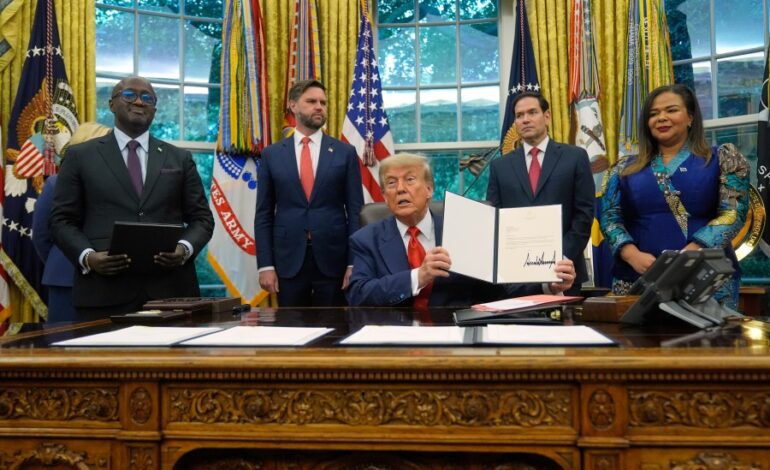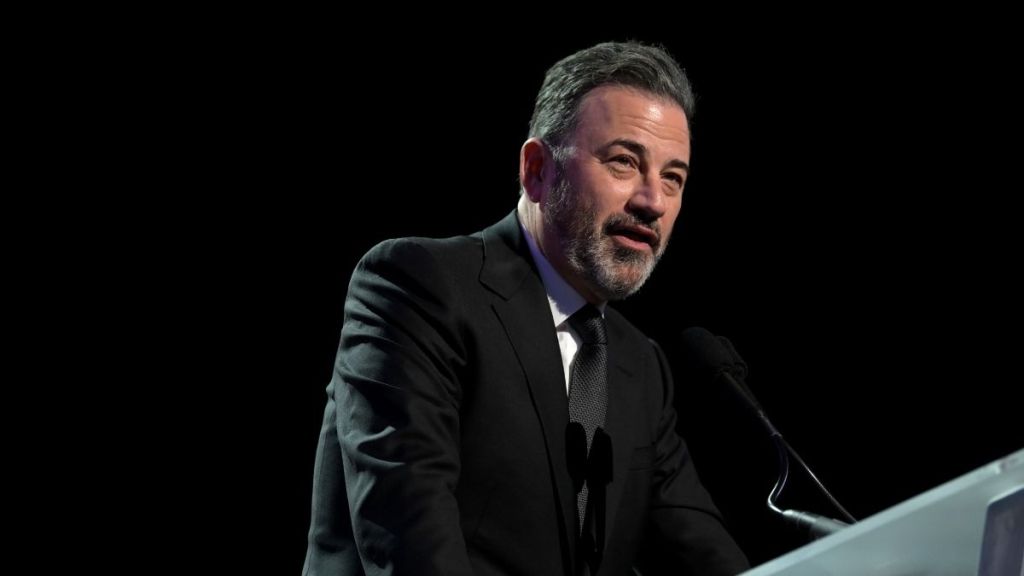Urgent Action Needed to Preserve Trump’s Central African Peace Deal

Efforts to establish peace in the Central African Republic (CAR) through a deal initiated by President Donald Trump face significant challenges. Despite the administration’s claims of progress in the Democratic Republic of Congo (DRC), experts warn that immediate actions are critical to prevent the collapse of this peace initiative.
In September 2023, Trump highlighted the strides made in stabilizing the DRC, emphasizing the importance of the coalition’s work with local leaders and international partners. However, developments on the ground indicate that tensions remain high, and the potential for renewed conflict looms large.
Current Status of the Peace Deal
The peace agreement, which aims to address ongoing violence and promote governance in the CAR, has encountered numerous obstacles. Observers point to waning support from key stakeholders, including the United Nations and the African Union. These organizations have historically played pivotal roles in peacekeeping and conflict resolution in the region.
Reports suggest that the CAR’s government has struggled to implement necessary reforms, leading to frustration among local communities and international partners. The International Monetary Fund (IMF) has also expressed concerns regarding economic stability, further complicating the situation.
The urgency of the matter cannot be overstated. As violence escalates, many fear that the fragile peace established in the region could unravel entirely. The humanitarian impact of such a scenario would be catastrophic, with millions already affected by displacement and insecurity.
International Response Needed
To salvage the peace deal, experts recommend a more robust engagement from the Trump administration. Increased diplomatic efforts and targeted aid could help restore confidence among local leaders and facilitate the implementation of the peace agreement’s terms.
Moreover, fostering collaboration between the CAR government and various community groups is essential. Empowering local actors to take ownership of the peace process can lead to more sustainable outcomes.
The administration’s ability to mobilize support from international partners will also be crucial. Coordinated efforts with the UN and AU can amplify the impact of peace initiatives and ensure that all parties are working towards common goals.
In conclusion, the stakes are high for the CAR and surrounding regions. Immediate and decisive action is necessary to protect the gains made thus far and to prevent a return to widespread violence. The world is watching closely, and the response from the U.S. administration could very well determine the future of peace in Central Africa.






